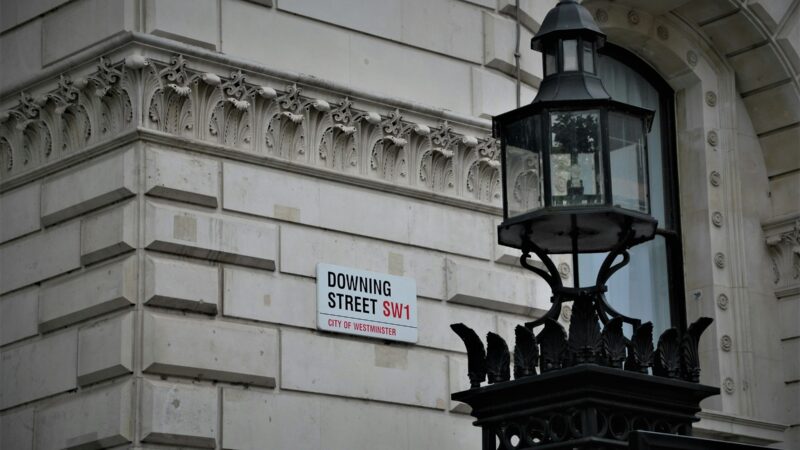The concept of progressive taxation, once lauded as a pillar of leftist ideology, aimed to embody progressiveness by imposing a heavier tax burden on the wealthy. It was envisioned as a means to uphold public services, with the wealthiest individuals leading the chariot, paying heinous tax rates of up to 45%.
However, this philosophy ignores a critical flaw. As the belief that only the affluent bear this burden is far from reality, as shockingly, a staggering 32.32% of the tax-paying population find themselves trapped in higher tax brackets, far beyond a mere trickle.
With a significant 53.1% of the UK’s tax revenue directly fuelled from just 32.32% of the tax-paying population – or in other words, a mere 18.1% of the UK’s total population -, it becomes clear that we have overlooked the potential to invigorate our financial system, through putting more money in the hands of the people. By doing so, we could meet the demands of the free market and stimulate economic growth, something which UK markets have so greatly been missing out on.
While decreasing the top rates of tax may seem delusional given the economic situation and current governmental regime, there remains a possibility worth exploring—a flat tax system. In a society where absolute fairness is demanded, regardless of common sense, one must question why society would reject such a concept. A flat tax is undeniably the fairest and most equal method of taxation, aligning with the very meaning of the word ‘fair’:
“fair, just, equitable, impartial, unbiased, dispassionate, objective mean free from favor toward either or any side. fair implies a proper balance of conflicting interests. a fair decision. just implies an exact following of a standard of what is right and proper.” [Definition of the word ‘fair’ [Merriam-Webster, 2023]
Therefore I ask, why not give a flat tax a chance? It treats everyone equally, regardless of socioeconomic background, offering an undeniable sense of absolute fairness. However, doubts arise when considering its feasibility, more particularly its success within the UK. While some countries, such as Russia and Ukraine, have implemented a flat tax providing positive outcomes, it is essential to acknowledge that the UK’s financial sector could potentially be destabilized by such a system. The financial sector not only sustains thousands of jobs but also serves as the lifeblood of the nation’s capital. Nonetheless, this does not mean that a flat tax is impossible for the UK.
Russia’s flat tax rate of 13%, introduced in 2001, led to an increase in tax revenue, alongside improvements in overall tax compliance and efficiency, supported by OECD. This simplification of the tax system was hailed as a significant success, considering the many complex loopholes which existed before its introduction.
Regrettably so, implementing a 13% tax rate across the UK would not be so easy, especially with the UK public’s insistence on retaining the NHS; therefore, I would propose a higher rate, potentially around 20%, tooling HM Treasury to strike a balance between taxation and state spending.
Through adopting this alternative approach, we would aim to solidify the medium in-between sustaining key public services and ensuring maximum disposable income, which after all, would be better reinvested throughout the UK’s markets, taking away a degree of power from the state. Through this, the basic tax rate would also remain the same (at 20%), effectively eliminating the higher tax bands of 40% and 45%.
The math behind this proposal makes sense, as a flat tax rate of 20% would lead to a decrease of approximately £49 billion in tax revenue compared to our current progressive system, representing a decrease of only 6.26%.
While losing out on £49 billion may seem significant, it would position the UK as one of the most attractive nations for wealthy investors, providing a clear economic incentive as compared to other competing nations. Fostering and enabling a true post-Brexit economic plan, which would provide the investment the UK so desperately needs.
To put this into perspective, HS2 is set to cost between £72-£98 billion, whilst yearly funding for the NHS costs £160 billion; this further solidifies the point that £49 billion is a figure which the government could work with, an amount which would allow the UK economy to grow out of stagnation and thus establish an empire of investment, indeed signalling to the world that we are ‘actually’ open for business.
As Friedman argued and I alike, we should focus first on economic restoration, above all else, and what better way to do so than restimulate our markets with more disposable income to spend across the nation.
Enjoying The Mallard? Consider subscribing to our monthly magazine.



